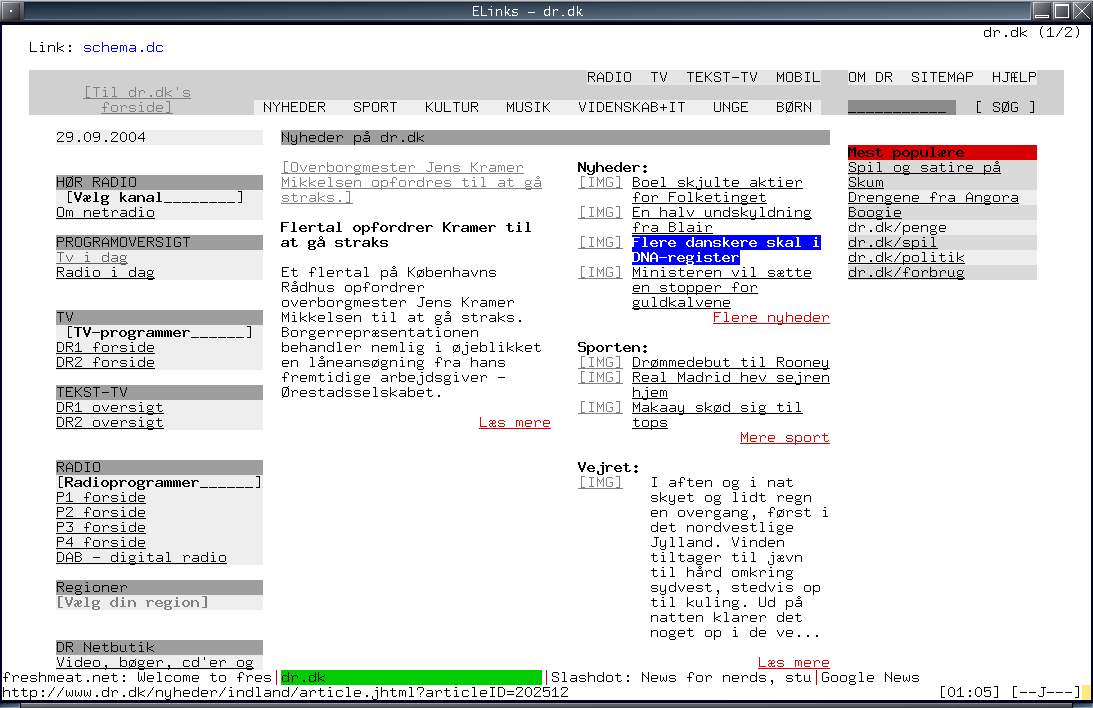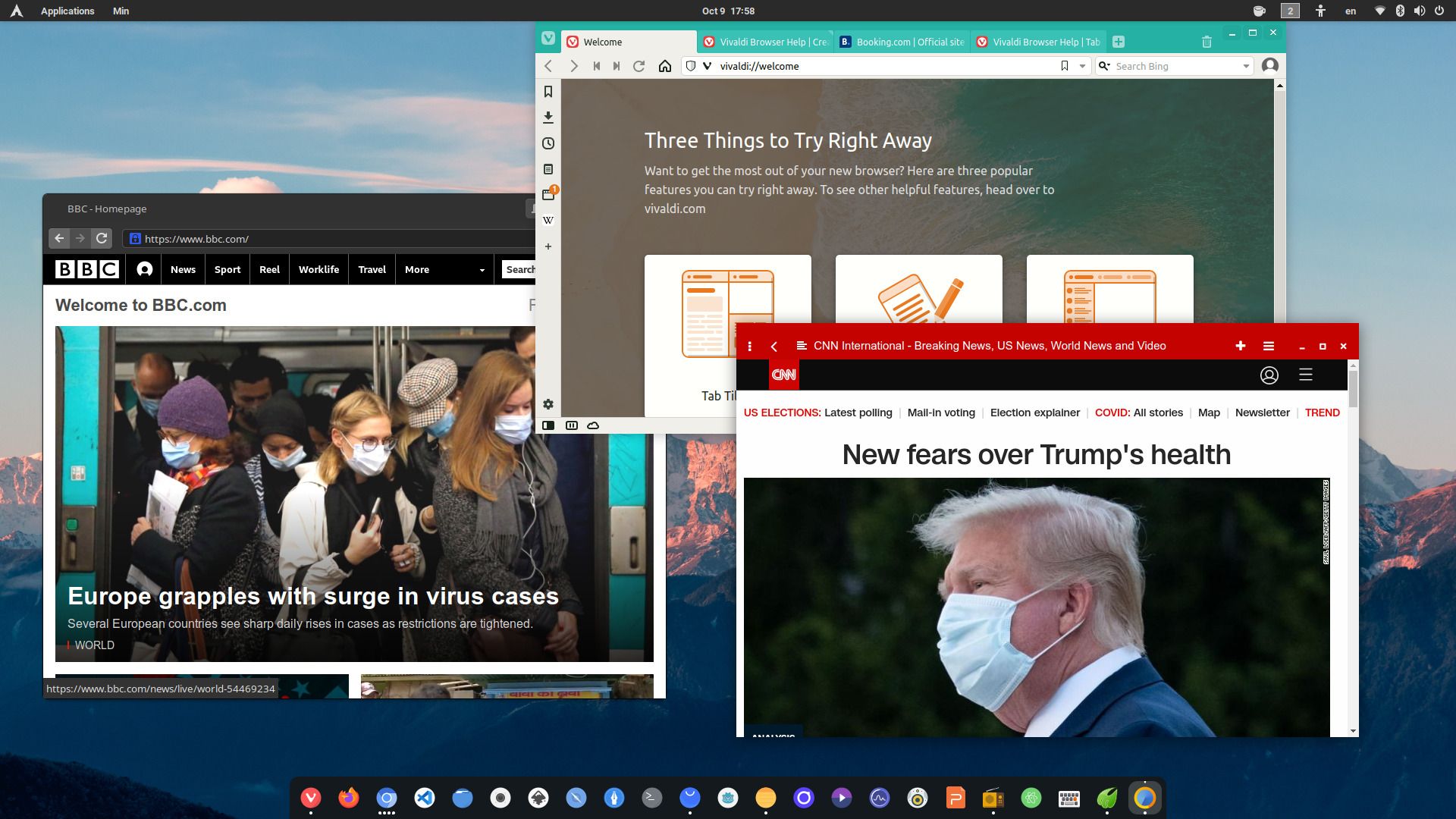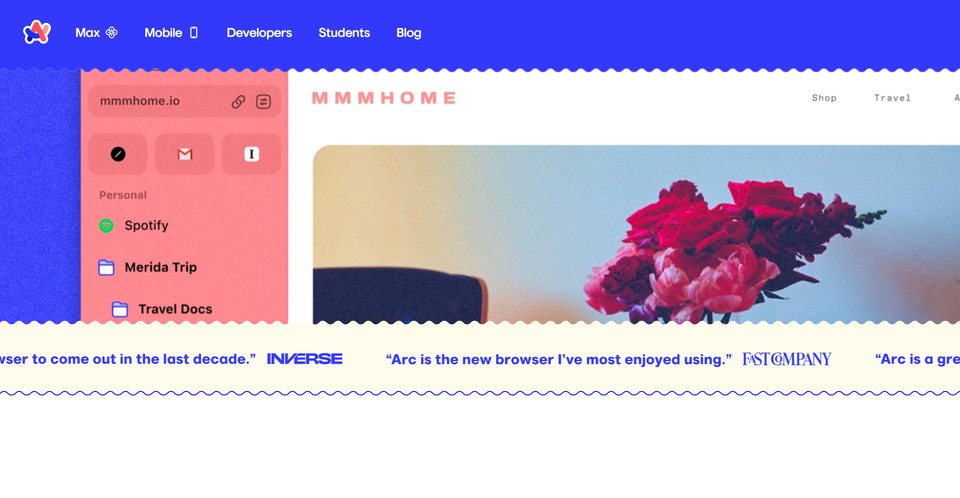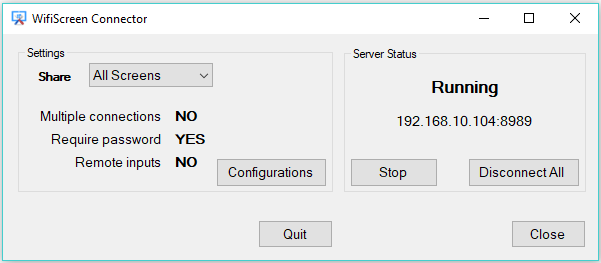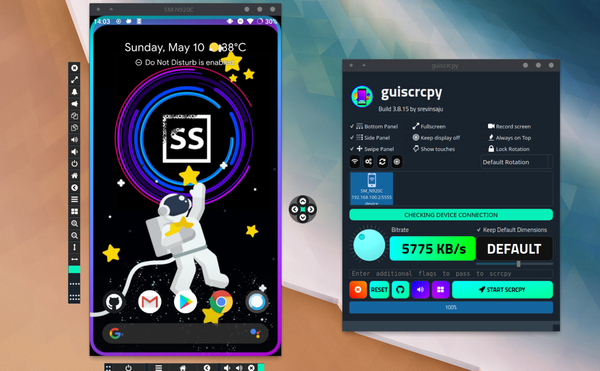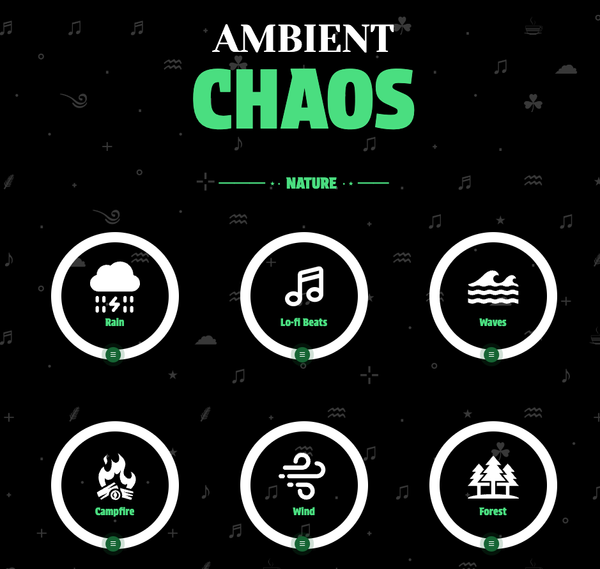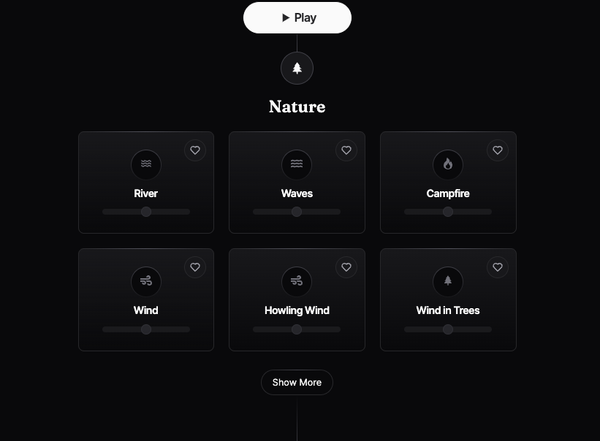Navigating the Arc: My Hands-On Experience with the Innovative Browser
Are You Truly Ready to Put Your Mobile or Web App to the Test?
Don`t just assume your app works—ensure it`s flawless, secure, and user-friendly with expert testing. 🚀
Why Third-Party Testing is Essential for Your Application and Website?We are ready to test, evaluate and report your app, ERP system, or customer/ patients workflow
With a detailed report about all findings
Contact us nowTable of Content
As a developer but active internet, I'm always on the lookout for tools that can streamline my workflow and enhance my productivity.
Recently, I decided to give Arc Browser, a newcomer in the web browsing landscape, a try. And let me tell you, my experience with this unconventional browser has been a rollercoaster ride of sorts.
Initially, I was captivated by Arc's design-centric approach. The unconventional layout, with tabs organized neatly in a sidebar, felt incredibly refreshing.
As someone who values efficiency, I was immediately drawn to the browser's customizable "spaces" and keyboard shortcuts – features that allowed me to compartmentalize my work and zip through tasks with lightning speed.
The integration with the macOS ecosystem was another standout. The seamless syncing across my devices made it easy to pick up where I left off, whether I was researching on my desktop or jotting down quick notes on my phone.
However, as the honeymoon phase wore off, I started to encounter some performance-related issues that gave me pause. The memory usage of Arc, even with a comparable number of tabs open, was significantly higher than my trusty Chrome browser.
This resulted in noticeable slowdowns, with applications freezing and my MacBook's fans kicking into overdrive, especially when I had Arc running alongside my development tools.
The battery drain was another pain point. As a developer, I rely on my machine to power through long hours of coding, researching, and multitasking. Unfortunately, Arc proved to be a bit of a battery hog, which simply wasn't sustainable for my workflow.
I scoured the web to see if I was the only one facing these performance issues, and it turned out that I wasn't alone. User forums and discussions revealed a broader concern about Arc's resource management, with some users reporting compatibility problems with hardware acceleration as well.
While the innovative features of Arc, such as its customizable tab organization and intuitive keyboard shortcuts, had initially won me over, the performance trade-offs became too much to ignore.
Reluctantly, I found myself reverting back to Chrome, a browser that may not be as design-forward as Arc, but one that has proven to be a reliable workhorse for my development needs.
That said, I haven't completely given up on Arc. I'm closely following the updates and news from the development team, and I'm hopeful that they'll address the performance bottlenecks in the near future.
If Arc can strike the right balance between groundbreaking features and rock-solid stability, I'd be more than willing to give it another try.
For now, though, Chrome remains my go-to browser, offering the combination of performance, reliability, and familiarity that I've come to depend on. But I'll keep an eye on Arc's evolution, eager to see if this innovative browser can finally live up to its full potential and reclaim its spot in my daily workflow.
More Free and Open-source Web Browsers
